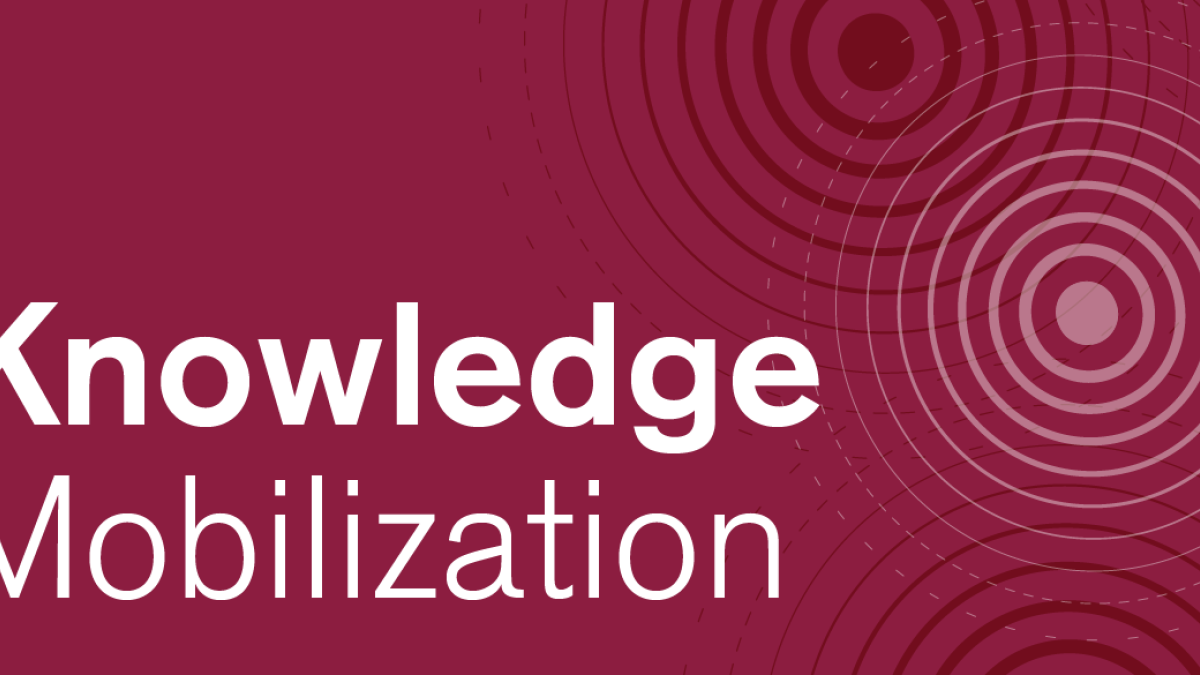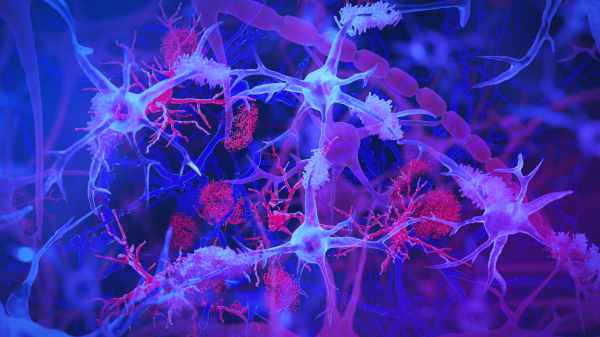10 winners of ASU's Graduate College grants find creative solutions for COVID-19 problems

Earlier this year, the Arizona State University Graduate College announced the first-ever Knowledge Mobilization Spotlight Grants to be awarded to select graduate students and postdoctoral fellows who found innovative solutions to the challenges posed by the COVID-19 pandemic.
The Knowledge Mobilization Initiative and Spotlight Grants
The Graduate College’s Knowledge Mobilization Initiative “explores concepts, skills and practices that move research from the page and into action.” The Graduate College regularly calls for graduate students and postdoctoral fellows to share their research stories and struggles as part of this initiative.
For this round of grants, applicants were asked to summarize what they’re studying, explain how COVID-19 has impacted them, and share innovative ways they were able to move their projects forward despite the pandemic.
The Graduate College received more than 70 applications and, out of the impressively competitive pool, selected 10 winners rather than five as originally planned. Each winner will receive a grant of $100.
Knowledge Mobilization Spotlight Grant awardees
The 10 awardees are:
Joanna L. Cohen (social work) has continued to provide workforce resilience support, now in an online format, for social workers in the Arizona Department of Child Safety.
Medha Dalal (engineering education) was able to provide hands-on engineering design experiences to high school counselors using mail-in design kits and a virtual workshop.
Shahrzad Ghobadlou (comparative languages and cultures) expanded the AZ Computer Assisted Language Learning Conference to be both virtual and international.
Allison Hawn (communication) has continued to research tattoo artists and tattoo as an art in a virtual format while grieving the loss of several collaborators to COVID-19.
Jaime Leah Jones (sustainability) utilized the content analysis method of research to understand the 2018 Cape Town water crisis after COVID-19 made travel impossible.
Caitlin Knox (business administration) implemented a homeschool curriculum that allows her to maintain a small business and play a role in the education of her children.
John Murray (anthropology) decided to conduct his fieldwork at home, bringing an electric kiln and 40-50 pieces of silcrete rock to his house, much to his wife’s dismay.
Kathleen E. Padilla (criminology and criminal justice) is preparing to help police officers manage stress, which now involves understanding the challenges of COVID-19.
Courtney Smith (educational leadership and innovation) is working to help college students infected with coronavirus fight loneliness and improve their mental wellness.
Laurana Wheeler Roderer (violin performance) helped record and create a “Zoom opera” after the live performance of the opera she co-wrote was canceled due to the pandemic.
Written by Emily Carman
More Health and medicine

The surprising role of gut infection in Alzheimer’s disease
Arizona State University and Banner Alzheimer’s Institute researchers, along with their collaborators, have discovered a…

ASU, University of Wisconsin partner to empower Black people to quit smoking
Arizona State University faculty at the College of Health Solutions are teaming up with the University of Wisconsin to…

New book highlights physician wellness, burnout solutions
Health care professionals dedicate their lives to helping others, but the personal toll of their work often remains hidden.A new…